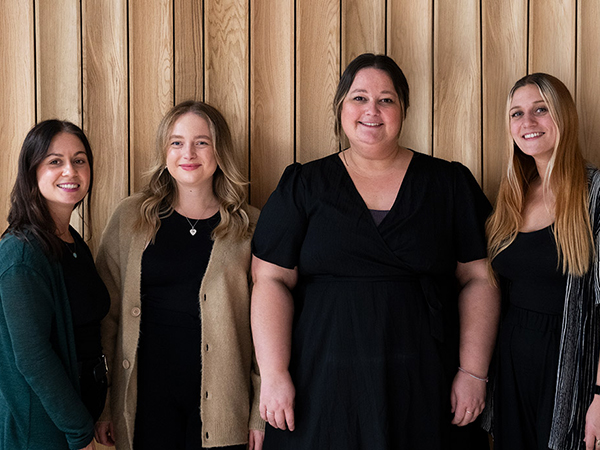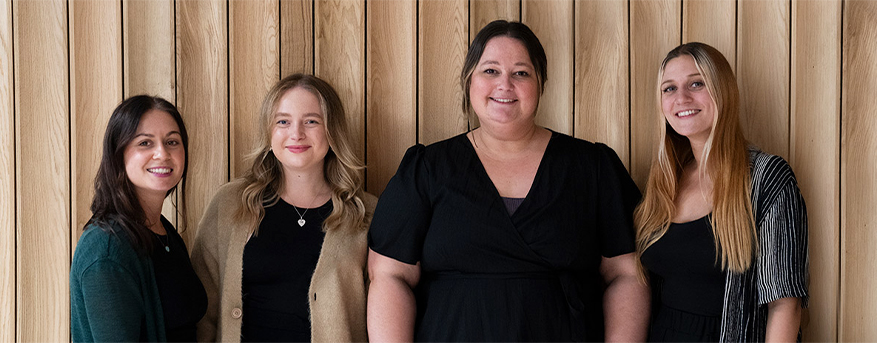India travel advice
Weather advice
Shanane Davis gives good India travel advice.
“Most travellers come in winter and the difference in temperature between morning and evening can be a lot. So pack a sweater and socks. Also a rain poncho as umbrellas aren’t practical here with the wind”.
Cultural advice
Jim O’Brien, Director at one of our partners, Native Eye Travel, which takes travellers well off the beaten track:
“It is always difficult visiting small tribal groups. They aren’t in a zoo, but it is fascinating to see these people.But anything like that has to be done so sensitively and we are very careful when we work with these people”
Sophie Hartman, owner of our partner Chinkara Journeys, specialising in central India:
“Check out the Tulsi Puja in Chhattisgarh, the beginning of the wedding season. Children make sweet clay images of Krishna and Tulsi and their wedding is re-enacted with a mandap (wedding platform) decorated with long sugar cane sticks.“
Rajat Kumar, Managing Director of our partner ExplorIndya:
“Every tourist knows how to say ‘namaste’ as a greeting. It has become such a cliché from tourists that it is now almost an empty greeting. When you extend your vocabulary to ask “Aap keise hain?’ or ‘how are you?’, an Indian person knows that you are genuinely inviting a conversation. “
Travel advice
Sophie Hartman:
“Do not attempt to cram in too much in too short a time – road travel in India is not its best feature, so much better to focus on a couple of places and stay there”.
Packing and shopping advice
Shanane Davis:
“For high quality, genuine handicrafts in Delhi, go to the state emporium called Baba Kharak Singh Marg in Connaught Place, New Delhi.”
Sophie Hartman:
“Pack light, you’ll want to cram your suitcase with lovely things to bring home. A scarf is the most useful piece of kit, good for covering your head if you feel a bit stared at, your face and nose if you’re in a dusty jeep and for drying face and hands after washing in sometimes grimy road side bathrooms”.
Golden Triangle with Ranthambore tour, India
India´s best experiences including the Taj Mahal & Tigers
From
£1514 to £1629
10 days
ex flights
Kerala tailor made holiday, 11 days
Revitalize in Kerala - A most wonderful and balanced trip
From
£1374
11 days
ex flights
Golden Triangle small group holiday, India
India's 3 most popular destinations, Delhi, Agra & Jaipur
From
£555 to £785
8 days
ex flights
Central India holiday, culture and wildlife
The very best of central India's wildlife and history
From
Rupee295000
16 days
ex flights
Kerala houseboat holiday, India
Set yourself afloat along the quiet Keralan backwaters on a one-bed crewed houseboat
From
£1740
10 days
inc UK flights
South India & Kerala holiday
Mysore Palace village stay Kerala Backwaters
From
£1220 to £1580
15 days
ex flights
Contact Us

Call us for a chat about our holidays. We are happy to discuss your holiday and help in any way we can. No bots, queues or awful hold music.
01273 823 700
Call us until 6pm
Calling from outside the UK

Food advice
Rajat Kumar:
“Don’t underestimate the importance of food as part of the Indian experience. The best thing you can ask an Indian is ‘what do you eat as a family?’ – you will be surprised how much of his cuisine he hides from visitors. But actually, we love to talk about food, and to share it - just like Italians.“
Off the beaten track tips
Jim O’Brien:
“If you are travelling in Ladakh or Kashmir, try and coincide your visit to one of the monasteries when morning prayers are going on, because it is something else to see. Especially the small ones off the main monastery trails”.
Visa information
As of December 2022, UK citizens can again use the e-Visa system to apply for a visa to enter India for a holiday, making the whole process pretty simple and inexpensive.
You can apply and pay online for holidays of 60 days maximum. Make sure your passport has six months validity from the date of your arrival in India, that it has at least two blank pages for stamping upon entry, and be sure to apply at least four days before you travel. For more information, see Indian Visa online website.
You can apply and pay online for holidays of 60 days maximum. Make sure your passport has six months validity from the date of your arrival in India, that it has at least two blank pages for stamping upon entry, and be sure to apply at least four days before you travel. For more information, see Indian Visa online website.
Health & safety in India
HEALTH
SAFETY
India advice from our travellers
At Responsible Travel, we think the best people to advise our travellers are often... other travellers. They always return from our tours with packing tips, weather reports, ideas about what to do - and opinions about what not to.
We have selected some of the most useful India travel tips that our guests have provided over the years to help you make the very most of your holiday - and the space inside your suitcase.
We have selected some of the most useful India travel tips that our guests have provided over the years to help you make the very most of your holiday - and the space inside your suitcase.

Take a travel plug, small half litre kettle, and some cuppa soups and hot chocolate sachets.![]()

Anne Parker
"Go, be brave, leave the well- trodden tourist trail, go up the mountains ...live with the families...it's much more in tune with the pulse of the country. Trust people to plan for you.. it's India ..they will not betray your trust. Be sensitive, in your dress and demeanour, this is a culture with values. Enjoy its diversity...landscapes spiritual beliefs, culinary treats..." - Mary Phillips
"Be prepared for chaotic traffic, people begging (sometimes with children) particularly in the cities at traffic lights, lots of retail opportunities, early mornings, long journeys often on bumpy roads, (it took us 6hrs to do 200k one day), ATMs that refuse cards, have no money in them, the tipping culture and expectations of people to be given a tip, hotels that do not accept travellers cheques or card readers that do not work." - Elizabeth Gooch
"Be prepared for chaotic traffic, people begging (sometimes with children) particularly in the cities at traffic lights, lots of retail opportunities, early mornings, long journeys often on bumpy roads, (it took us 6hrs to do 200k one day), ATMs that refuse cards, have no money in them, the tipping culture and expectations of people to be given a tip, hotels that do not accept travellers cheques or card readers that do not work." - Elizabeth Gooch

"The mountains really get cold at night, so absolutely bring a warm sweater and long pants and a light warm hat."![]()

- Julie Jean-Francois
"Be prepared for cultural differences. For example, it appears to be polite for someone to watch you eat every mouthful, wait for feedback and be on hand to refill your plate immediately whereas in the UK we leave people to enjoy the meal in peace." - Daphne Donkin
"Take a travel plug, small half litre kettle, and some cuppa soups and hot chocolate sachets. This enables washing yourself and a few clothes when the water is cold, and enjoying something warming when you can't face curry anymore! Ensure you buy an adapter specifically for India before you go." - Anne Parker
"Take a travel plug, small half litre kettle, and some cuppa soups and hot chocolate sachets. This enables washing yourself and a few clothes when the water is cold, and enjoying something warming when you can't face curry anymore! Ensure you buy an adapter specifically for India before you go." - Anne Parker


























































